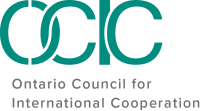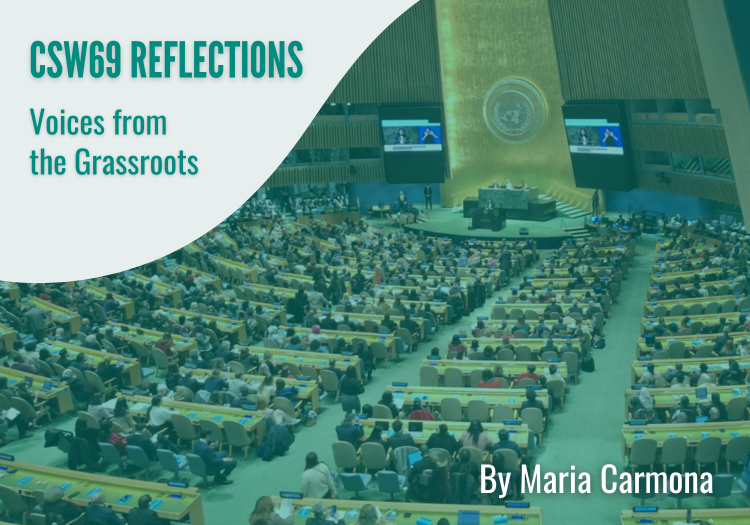CSW69 Reflection: Voices from the Grassroots
Maria Carmona | April 11, 2025
The General Assembly Hall of the UN was like a bustling beehive, abuzz with voices as everyone waited in anticipation for Secretary-General Antonio Guterres to deliver his remarks at the Town Hall Meeting with Civil Society, one of the highlights of the 69th session of the Commission on the Status of Women (CSW). He said, “We share a common vision: a world of equality, where the human rights of women and girls are realized in full. Let’s keep working together to make this vision of gender equality a reality for all.” At the opening of the session the day before, UN Member States adopted the Political Declaration which represents the commitment of governments to respect, protect, and uphold the rights, equality, and empowerment of every woman and girl.
Unity in diversity
I felt privileged to walk the halls of the UN for the first time – a realization of a lifelong dream. As I attended various official meetings, side events organized by Member States, and parallel events hosted by civil society, I was inspired by the unity despite the diversity. I witnessed individuals from different countries, different sectors, with different genders, different faiths, different approaches but all working together towards the same goal of gender equality. It was my first time to hear of the Multi-faith Advisory Council (MFAC), established to provide strategic advice and support to the UN Interagency Task Force on Religion and Sustainable Development. The MFAC is comprised of 45 diverse religious leaders and heads of faith-based organizations (FBOs). It is co-chaired by Rudelmar Bueno de Faria of the ACT Alliance – a coalition of global FBOs delivering humanitarian aid, supporting sustainable development, and advocating for social justice – of which my organization Presbyterian World Service & Development (PWS&D) is a member.
Her voice
In the middle of the all the activities, I paused to remember Lilawati, a 16-year old girl from Mudwa village in rural Bihar, India who raised her voice against child marriage in her community. She said, “I want to study and achieve my dreams. I do not want to waste my life like this. I will be a role model to other girls.” Lilawati is one of the participants of PWS&D’s Karuna Project which aims to empower girls through raising awareness about the rights of girls and through livelihood opportunities to make them financially independent. While Lilawati may not have the chance to make it to the UN, I know that I have the responsibility to bring her message and amplify her voice in spaces I have the privilege of navigating.
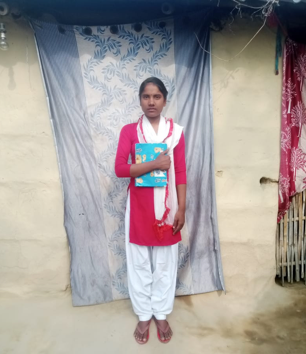
After attending a session on gender apartheid in Afghanistan, I remembered the thousands of Afghan women and girls who are raising their voices to restore their right to education. Afghanistan is the only country in the world where girls are banned from attending secondary school and higher education.
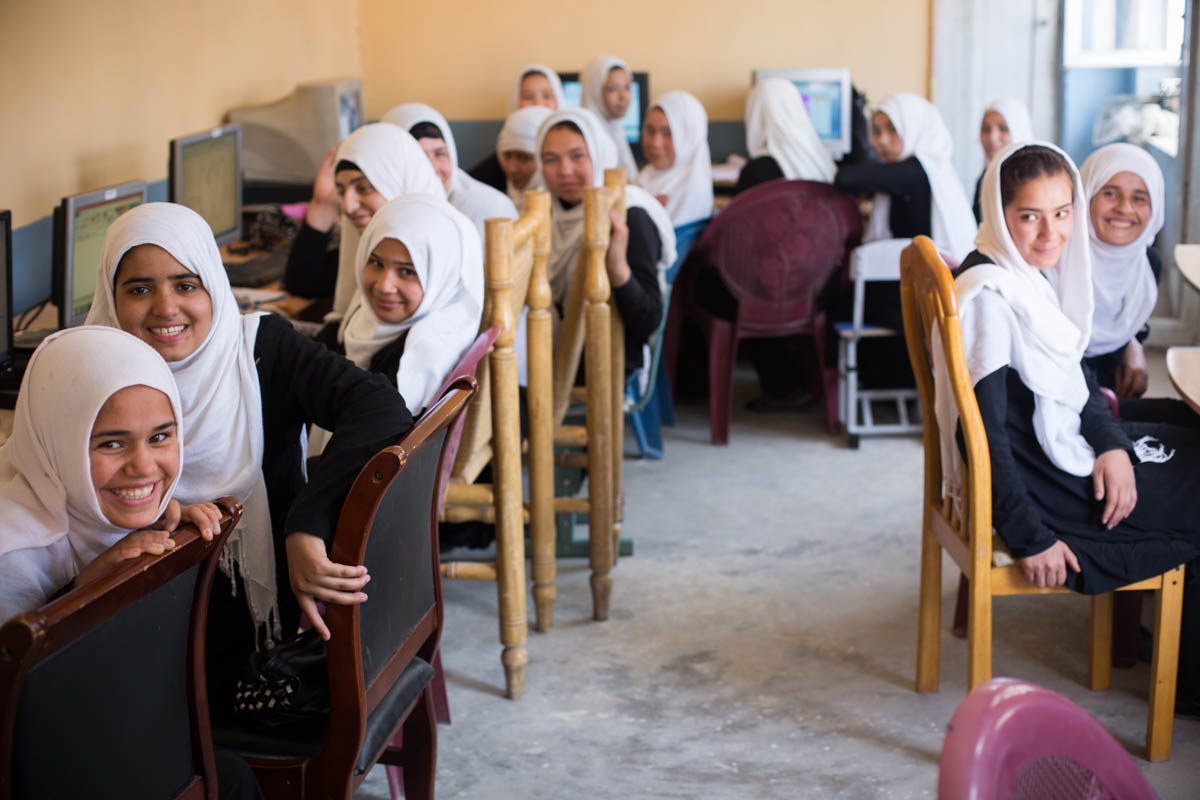
Here are a couple of poems I was inspired to write to remind me of my reason for being at the CSW.
Bondage
Tomorrow, I lose my freedom.
My body, my mind, my heart, my soul
I no longer will call my own.
Such is my path, as was the path of my two sisters before me
Such is the path of girls in my village
Sold as wares by no less than our fathers
even before we started to bleed.
We are burdens, we are curses
Why was I brought forth into this world?
Tomorrow, I lose my freedom
Or was I ever even free?
Requiem
I remember the day I died.
The sun shone brightly that morning,
the start of a promising day.
It was after all the first day of a new school year
one of my favorite days next to my birthday.
We girls made our way to school with excited voices.
The principal gathered us
but not to give her usual warm welcome.
Her words were a hundred swords that pierced my soul.
My heart stopped.
“You must all go home,” she said.
“The authorities have closed the school indefinitely.”
Hushed tones turned to weeping.
Confusion. Sadness. Mourning.
As the gates were barred behind us
I gave the school one last longing glance.
“I have no words. What can we do against the Taliban?
Yes, we are girls, but we are Afghans.
We are human beings.
Why shouldn’t we have the right to go to school?”
This was the day I died.
Plan of action
What next after CSW? I plan to continue the work through:
- Having conversations within my organization on how we can integrate gender equality as a main thematic focus and not just a cross-cutting area in our programming;
- Exploring how we can continue the advocacy work through our membership with the ACT Alliance which is doing great work in engaging and advocating with Member States to hold them accountable to their commitments to the Beijing Platform for Action;
- Building connections with some organizations I met at CSW with my own networks in Canada where I can see potential collaboration and synergies;
- Exploring ways to generate more resources to fund women-led initiatives; and
- Continuing conversations with women and girls when I go to visit partner organizations and projects, to listen to their stories, ideas, challenges, and dreams.
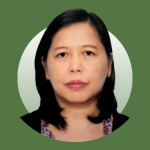 Maria Carmona
Maria Carmona
Program Coordinator at Presbyterian World Services and Development (PWS&D) & OCIC CSW69 Delegate
Maria (she/her) holds two master’s degrees – in Development Practice from the University of Waterloo, Canada and in Public Policy from the Hitotsubashi University, Japan. Maria is a lifelong learner who is passionate about poverty alleviation, sustainable development, climate justice, gender equality, diversity and inclusion, participatory approaches and community development, food security, and water security.
